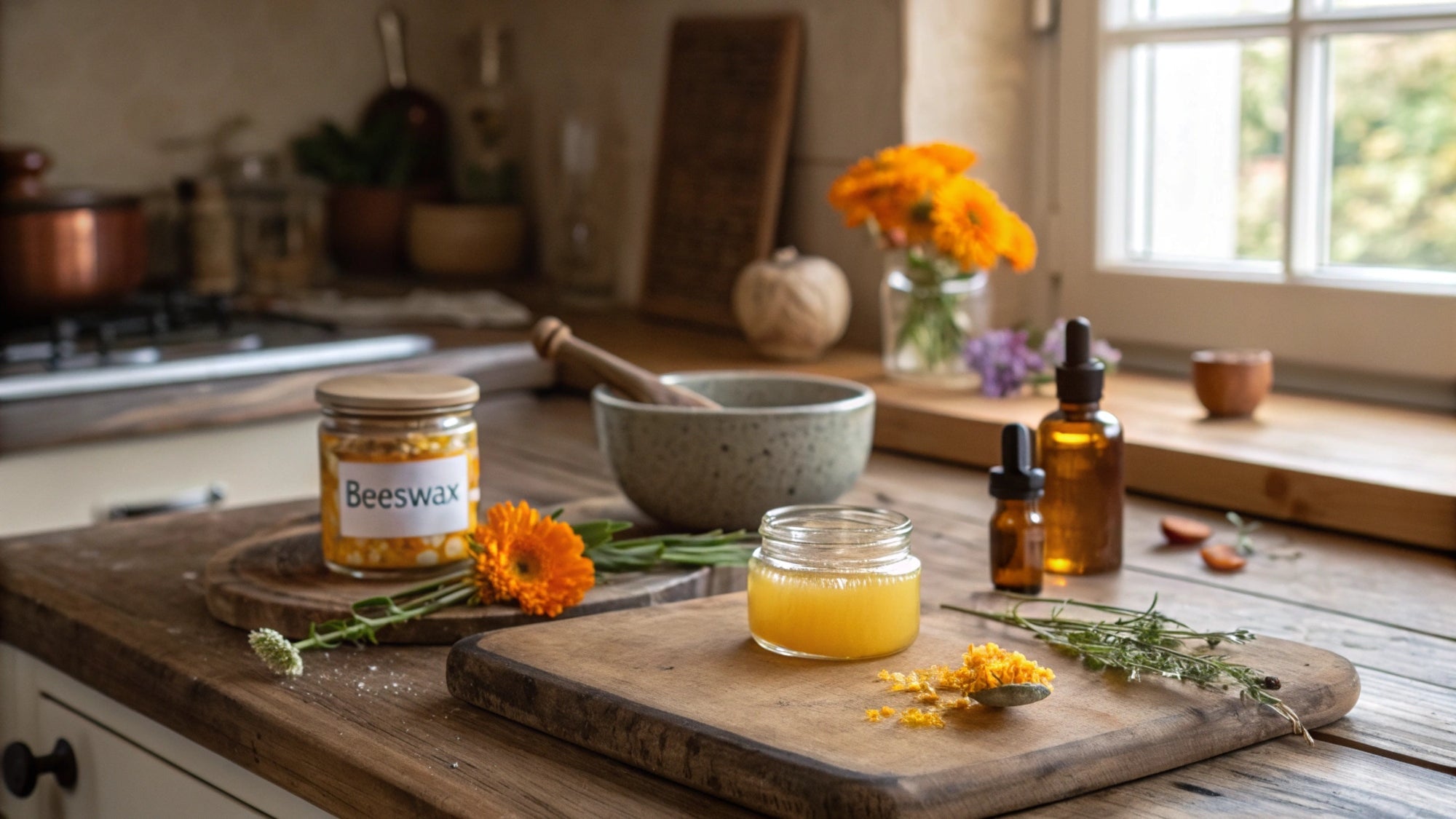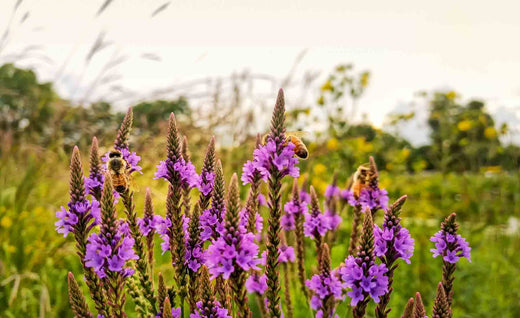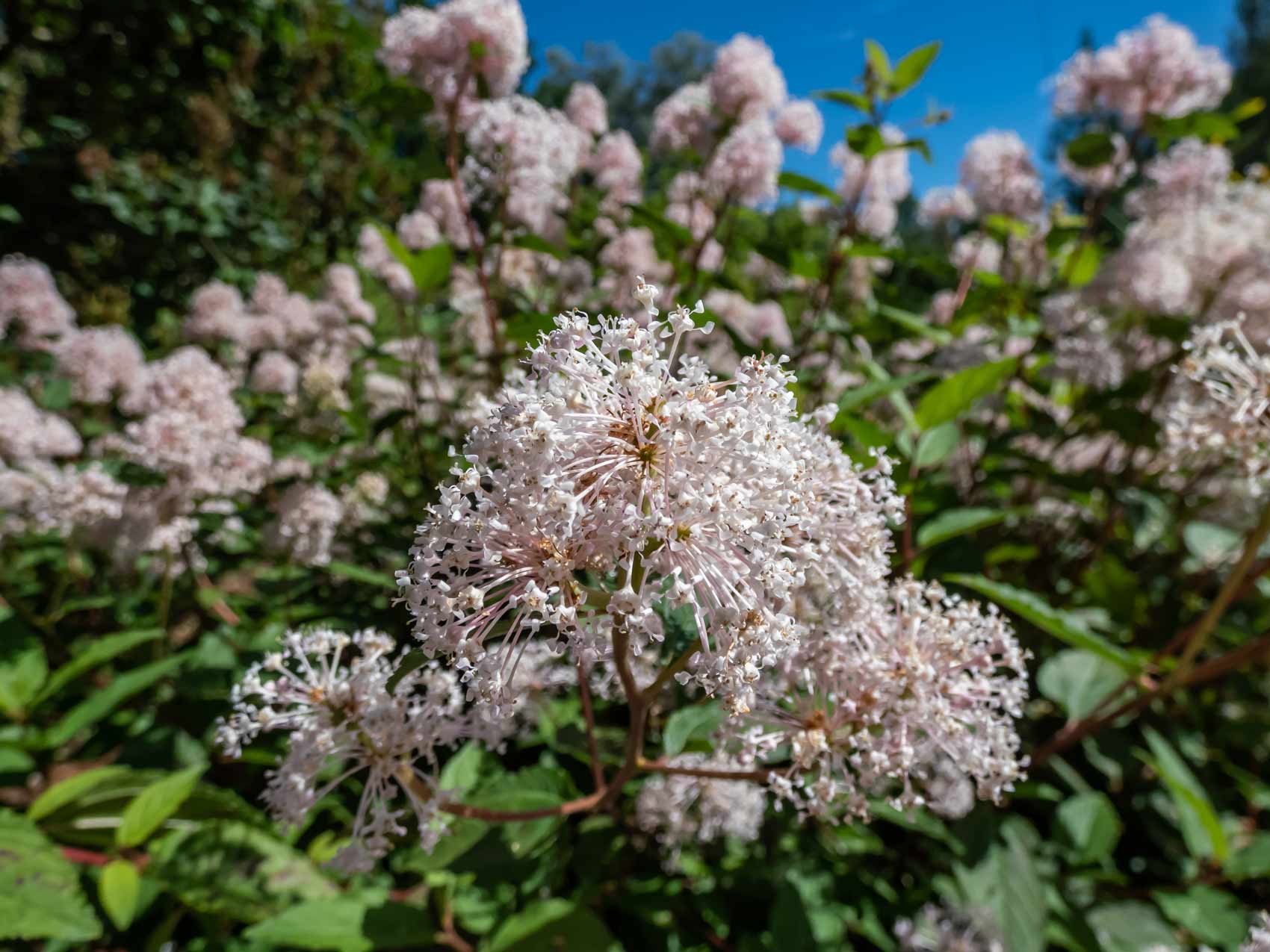
Myrrh Benefits: An Ancient Remedy with Modern Uses
Written by Rebecca Younger, CH, CDShare
From ancient rituals to today’s wellness routines, myrrh has earned its golden reputation as a botanical treasure. Derived from the resin of the Commiphora tree, this earthy, aromatic gem has journeyed from the arid landscapes of Northeast Africa and the Middle East to modern herbal practices, inspiring curiosity of its many healthy benefits and uses. Its history is as rich as its uses—embraced for its role in supporting a healthy balance in the body’s natural defenses, promoting vibrant oral care, and helping maintain comfort during life’s rough patches.
In the world of herbalism, myrrh continues to shine, playing a supportive role in digestive harmony, immune health and skin vitality, while its presence in Ayurvedic medicine traditions highlights its versatile nature. Let’s take a closer look at myrrh’s centuries-spanning story and the science-backed wonders it offers today.
Botanical Background
The Commiphora tree, often called the "tree of life" in its native regions, thrives in harsh, dry climates, with its hardy nature producing one of the most valued resins in history. The tree is small and shrubby, with thorny branches and pale bark that exudes a rich, aromatic resin when wounded. Harvesting myrrh involves carefully cutting the bark to allow the resin to seep out, harden, and be collected — a process rooted in ancient tradition.
Found primarily in Northeast Africa and the Arabian Peninsula, myrrh trees flourish in arid, rocky terrain. The extreme climate intensifies the medicinal properties locked within the resin gum myrrh has, making it a potent botanical gem. Commiphora myrrh is particularly noted for its effectiveness in easing nasal congestion during cold seasons, its role in aiding in microbial balance, and its applications in traditional medicine for ailments such as minor wounds.
Historical Use and Cultural Significance
From ancient Egypt to the Silk Road, myrrh has played a starring role in the history of healing and trade.
- Egyptian Embalming: Used to preserve bodies for the afterlife, myrrh’s microbial balancing properties were essential in preventing decay.
- Biblical and Religious References: Myrrh is one of the three gifts brought to baby Jesus, symbolizing healing and sanctity.
- Traditional Medicine: Across Ayurvedic and Chinese medicine, myrrh was a go-to for digestive issues, wound care, and spiritual cleansing.
Folklore whispers of myrrh being a “gift of the gods,” believed to bridge the mortal world and the divine. Whether burned as incense in temples or traded as a commodity worth its weight in gold, myrrh has been an enduring emblem of health and spirituality.
Health Benefits and Medicinal Properties
Here’s where myrrh truly shines, offering a powerhouse of natural health benefits supported by tradition and science.
Free Radical Scavenging Properties
Myrrh has a diverse array of bioactive compounds, including sesquiterpenes, known as free radicals. They are unstable molecules that can cause cellular damage causing oxidative stress. Oxidative stress is the root of bodily imbalance. But it can be neutralized, and myrrh is just the herb! Myrrh's scavenging effects can protect body tissues by strengthening their overall defense system against stress-related damage, supporting longevity and health.
Microbial Health
Myrrh's microbial balancing skills extend beyond its historical applications. Its extracts have protected our bodies from bugs, germs and immune imbalances for centuries. It's a perfect herb for oral health, as it helps keep the mouth free of germs, support healthy gums and helps with bad breath.
Many dental care products, including mouthwashes and toothpaste, incorporate myrrh's extracts to protect our gums and teeth.
Supporting a Healthy Inflammatory Response
Myrrh’s affinity for the inflammatory response has been a cornerstone in traditional medicine and is supported by modern scientific findings. The active compounds in myrrh, including terpenoids and sesquiterpenes, have been shown to ease discomforts that come along with an over active response. This makes myrrh a valuable aid for joint health!
These benefits extend beyond joint health and simultaneously support a healthy immune system and immune response, making it a versatile tool to promote overall balance and help the body maintain homeostasis on multiple levels.
Liver Health
Myrrh may support the liver’s natural detoxification processes by promoting its ability to filter impurities and protect against oxidative stress. Rooted in traditional herbal practices, myrrh has been valued for its role in maintaining optimal liver health and function.
The bioactive compounds present in myrrh, such as terpenes and flavonoids, contribute to its free radical scavenging ability, which protects liver cells from damage caused by free radicals. This essential function is particularly useful in environments with high exposure to toxins or after times of indulgence.
How to Use Myrrh Essential Oil
Myrrh’s versatility makes it a standout in wellness routines, offering a range of benefits that support different aspects of health and help elevate your overall quality of life.
- Topical Application: Dilute myrrh oil with a carrier oil like coconut oil for skin irritations or minor wounds. Consider using an essential oil blend that includes myrrh for enhanced therapeutic benefits. Most essential oils, including myrrh, should be mixed with a carrier oil before direct skin application to ensure safety and effectiveness.
- Aromatherapy: Add a few drops to a diffuser to enjoy its grounding scent as it cleanses the air.
- Oral Care: Use myrrh-infused mouthwash or toothpaste to maintain healthy gums and fresh breath.
- Pain Management: Massage diluted myrrh oil into sore muscles or joints for targeted relief.
Pro Tip: Always dilute myrrh oil before use and perform a patch test to ensure skin compatibility.
Safety and Precautions
While using myrrh offers numerous benefits, safety is key:
- Pregnancy and Breastfeeding: Avoid during pregnancy as myrrh may stimulate uterine contractions.
- Medication Interactions: Consult your healthcare provider if you’re on blood thinners like warfarin. Studies by Smith et al. have shown potential interactions with various medications.
- Skin Sensitivity: Use caution with topical application, particularly on sensitive skin.
- Children and Pets: Keep myrrh oil out of reach, as ingestion can be toxic.
When in doubt, seek advice from a qualified healthcare professional before use of herbal medication.
Synergistic Herb Combinations
Combining myrrh with other herbs can amplify its therapeutic effects, delivering enhanced health benefits across various applications.
- Frankincense: Pair with myrrh essential oils for a healthy inflammatory response and joint health.
- Calendula: Combine for wound care; calendula calms and soothes while myrrh does the heavy lifting.
- Turmeric: Partner with turmeric to boost free radical scavenging properties and further ease inflammation.
DIY Recipe:
Unlock the Power of Myrrh
Myrrh’s story is one of timeless versatility, bridging ancient traditions and modern wellness practices. While its historical significance as a healing staple is well-documented, today’s research is just beginning to uncover the depth of its potential—from promoting liver health to complementing other herbs for a balanced, holistic approach to well-being.
Incorporating myrrh into your wellness routine is more than embracing a natural remedy; it’s a step toward harmonizing nature’s wisdom with modern health solutions. By blending traditional insights with proactive care, you can create a lifestyle where prevention and vitality go hand in hand.
As research evolves, the promise of myrrh continues to grow. With each discovery, this extraordinary resin inspires new possibilities, fostering a deeper understanding of how nature’s gifts can enrich our health journeys.
Rebecca Younger is passionate about herbs and women's health. She aspires to plant seeds of inspiration within her community about plant medicine and healthier ways of life. She studied Herbal Medicine at Herbalism Roots in Denver and is a certified Doula through the Matrona Foundation. She is the Brand Communications Specialist at WishGarden Herbs.
For educational purposes only. This information has not been evaluated by the Food and Drug Administration. This information is not intended to diagnose, treat, cure, or prevent any disease, or to sell any product.
















